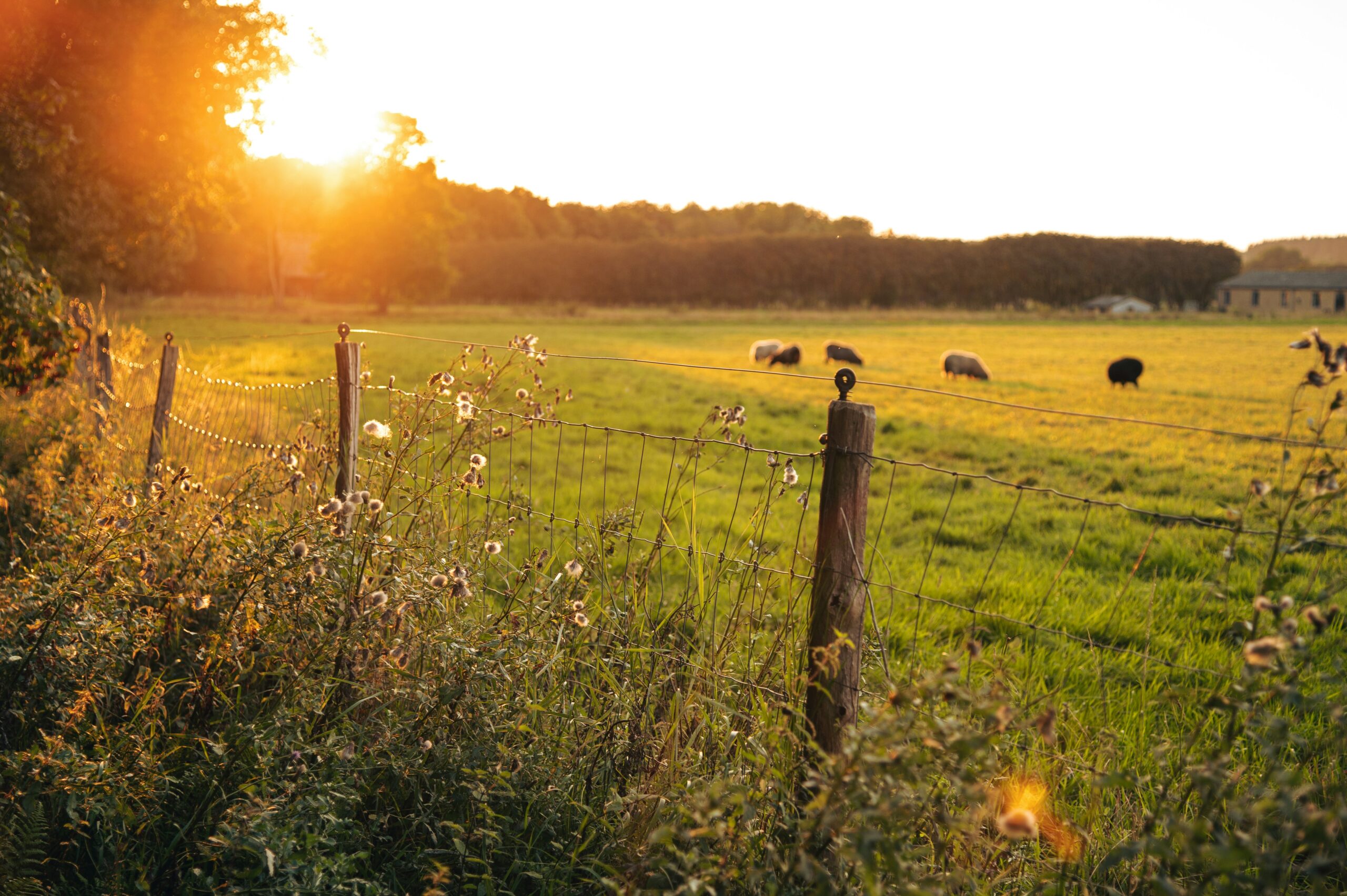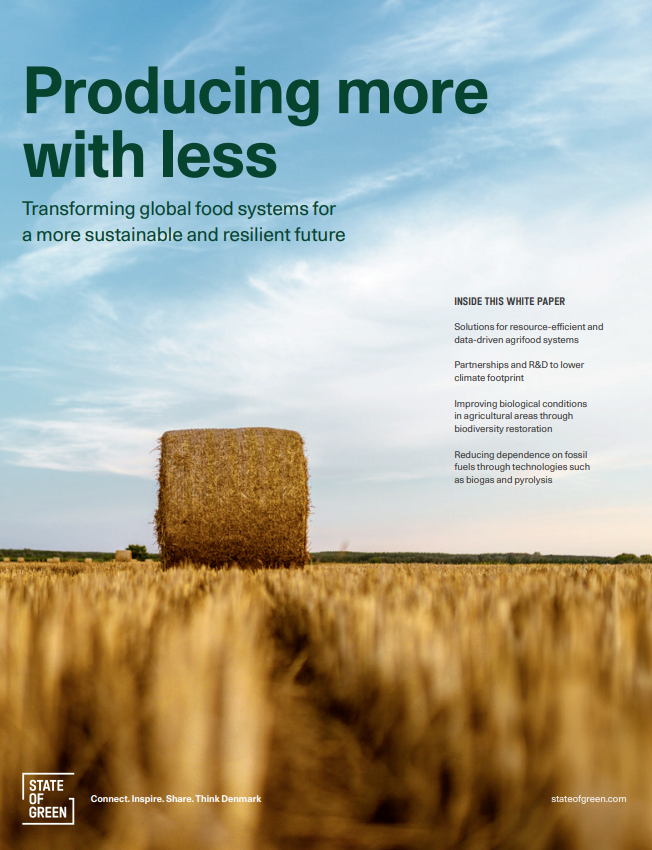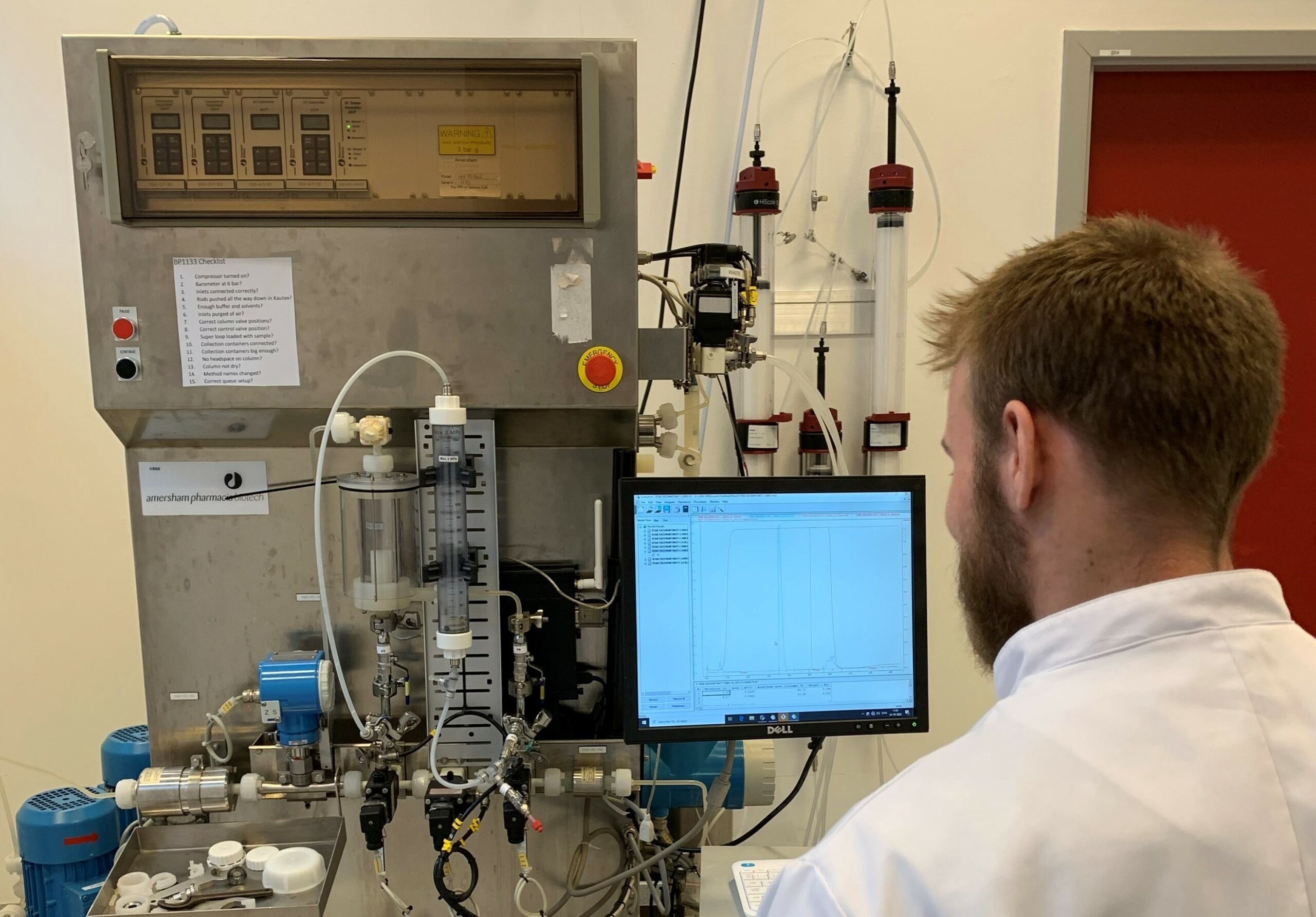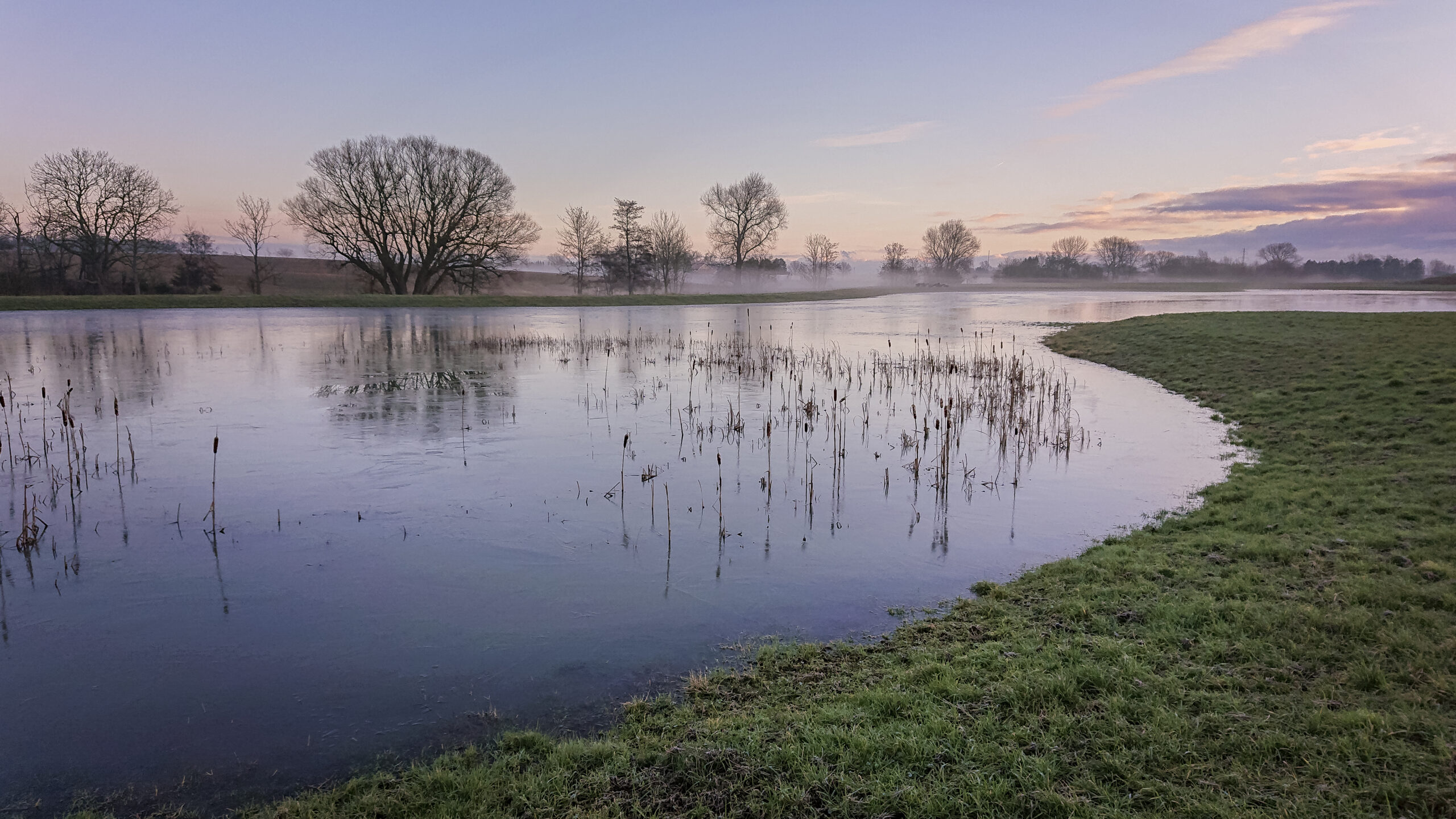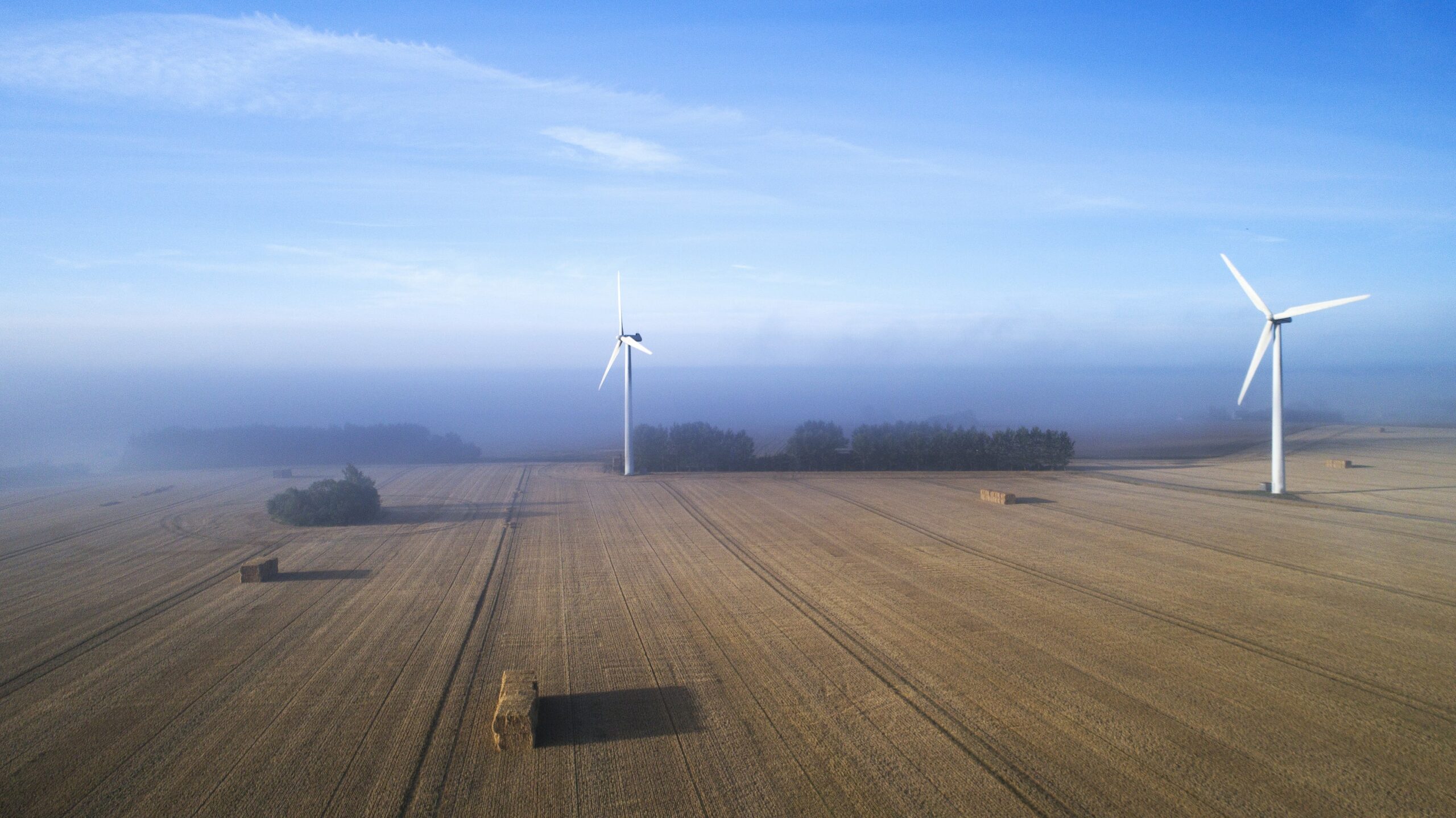The global challenges facing the world are interrelated: the climate crisis, environmental degradation and food security all concern the pressure put on the world’s resources. In a world where the population is growing and the demand for meat and other proteins are increasing year by year, production cannot disregard nature, the environment or animal welfare. The UN’s Food and Agriculture Organization have identified three necessary focus areas if we are to make the intensive production more sustainable:
- Reduce the impact on climate, environment and biodiversity
- Reduce the necessary input
- Recirculate the agro-industrial by-products
Through continued development of a more sustainable intensive food production and new technology, we can create jobs and economic growth, protect nature, and provide answers to some of the major global challenges that we all face.
Data leads the way
Denmark has one of the most resource-efficient food producing sectors in the world. The Danish agrifood cluster has demonstrated that increased food production is possible whilst at the same time reducing its impact on the environment and the climate. Additionally, the Danish agrifood cluster is focused on reducing the use of critical resources such as energy, water, and other scarce resources. Collecting and using data to monitor the resource use is key to making the necessary reductions. In some cases, Danish producers use 15 percent less feed than the global average, thus showcasing how focusing on resource efficiency can result in producing more food without increasing the pressure on land and water. Focusing on the development of solid protein alternatives is also a way to reduce the land, environmental and climate footprint.
Results from research and partnerships
Progress in the Danish food sector is also attributed to a close cooperation between government, industry, and research institutions. With targeted R&D, Danish companies have been able to increase productivity, thereby reducing the environmental footprint of production.
The Danish Partnership for Resource and Water-Efficient
Industrial Food Production (DRIP) is an example of a public-private partnership that enables the deployment of science-based solutions decreasing the pressure on resources by the industry. DRIP focuses on water efficiency in the food industry – one of the largest water-consuming industries in Denmark and globally. The partnership gathers food sector companies, technology providers, universities, and research and technology organisations to produce more food with less water without compromising product quality and food safety. The partnership is realised due to a deep commitment on behalf of the Danish authorities, who monitor and assist with safety aspects.
As a tangible result of the tie-up, participating companies have realised water savings of more than 900,000 m3/yearly. This corresponds to 20 percent of the water consumption of the participating food companies or the annual water consumption of 23,000 people.
